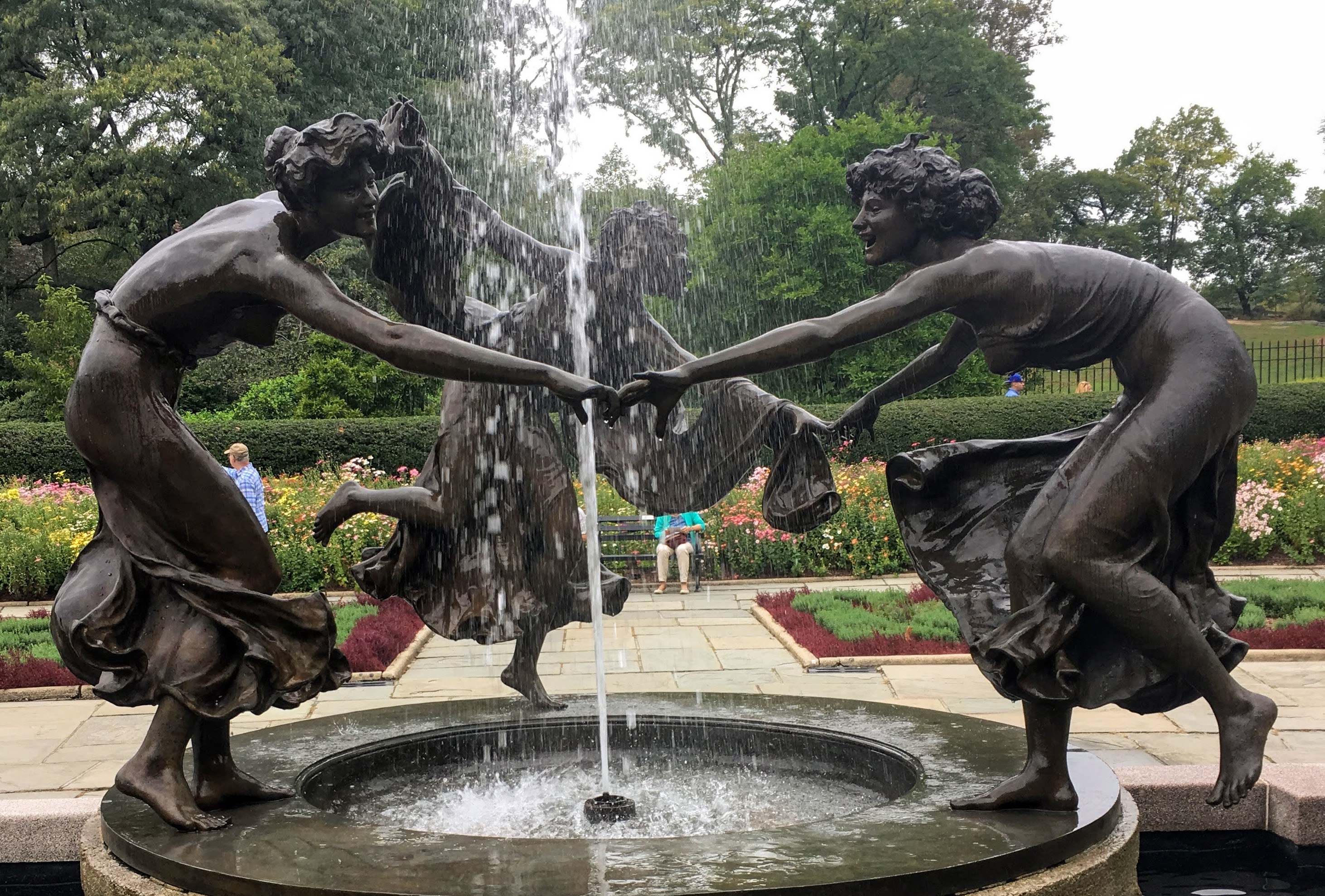There was a time when we knew what was right for our children. Or at least we knew that we were expected to know what was right. And so, like most well-meaning parents, we quickly took on the role of decision maker for our children.
For decades, with their best interests at heart, we bravely made every decision for them; no matter how big or small. Things that they were too young to decide on their own.
We grew accustomed to playing this role in their lives. As the years passed, we scarcely noticed when our once helpless children stopped needing us to – when they stopped wanting us to do all their heavy lifting. To let them make their own mistakes.
There were fewer and fewer opportunities to exercise our well-trained decision-making muscle and feel the corresponding “mother’s high” we achieved by knowing we’d been able to fix something or made the right decision for our kids.
Eventually, like mother birds, we get the courage to teach our babies how to be independent; by gently pushing them out of the nest, so they can try out and strengthen their decision-making wings.
At first, it feels great. Especially if it’s going well. We even revel in the freedom for a while, feeling proud with every accomplishment and opportunity that comes their way. And yet the urge to tell them we know exactly what to do just can’t be quashed. Especially when they are struggling.
It would be so easy if they would just listen!
As mom’s we tend hold the limiting belief that we don’t deserve to feel frustrated or angry at our kids, and that it must be US that isn’t doing or saying the right thing. It’s not uncommon for us to feel guilty or helpless when we can’t “fix” things like we used to.
Our deft propensity for precision-decision making is just not working anymore. In fact, it’s making us feel more disconnected than ever to our adult children.
There was a time when we knew what was right for our children.
When “parent” was more of a verb than a noun. It was about what we “did” for them, and how we “did” it, and the decisions we made raising them. We were parent-ing, and, for the most part, like a well oiled-machine, it worked.
So what if we stopped parent-ing and starting being a parent?
How might our relationships with our adult children be different if we weren’t attached to the outcome of a conversation or influencing a decision? What if it were up to us to make a choice about how we show up for our kids that isn’t about fixing or solving their problems?
There’s an opportunity here for us to build a new muscle. Detached Involvement is the practice of being fully involved, but detached from the allure of outcomes. Like any new muscle, it takes time to develop but the more you exercise it, the stronger it becomes. Here’s how we can get started practicing it with our adult children.
- Exercise not taking it personally when they don’t want your advice.
- Hold space & listen without judgment.
- Acknowledge and validate their feelings.
- Relax the need to be right and exercise the muscle of just being there.
- Let go of the need to control and instead plant the seed that you trust them to make their own decisions.
We hatched them now detach them!
How we define “being” a parent to our kids is up to us. And it may very well be the most important decision we choose to make.
In detachment lies the wisdom of uncertainty . . . in the wisdom of uncertainty lies the freedom from our past, from the known, which is the prison of past conditioning. And in our willingness to step into the unknown, the field of all possibilities, we surrender ourselves to the creative mind that orchestrates the dance of the universe.
Deepak Chopra
The Untermyer Fountain is an outdoor fountain and bronze cast of Walter Schott’s Three Dancing Maidens sculpture, located in Central Park’s Conservatory Garden in Manhattan, New York. Dianne Durante, author of Outdoor Monuments of Manhattan, writes that “it radiates delight, in a way few sculptures match, and there isn’t any point of view that doesn’t reveal some new, graceful aspect”. Photo Credit: Lisa Hopkins


